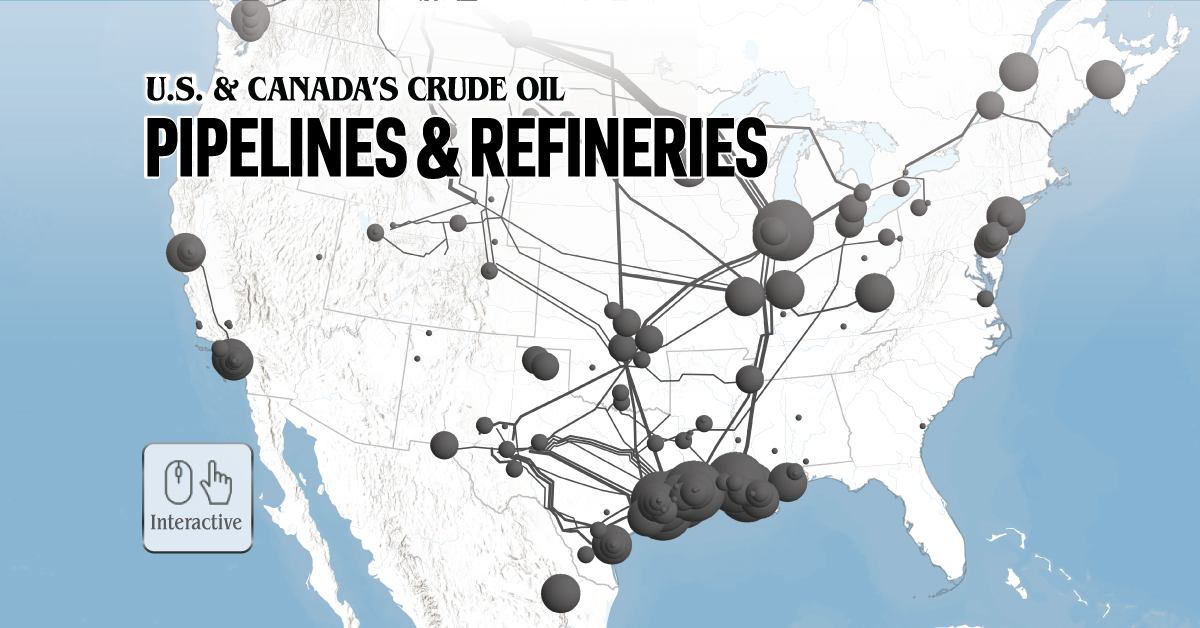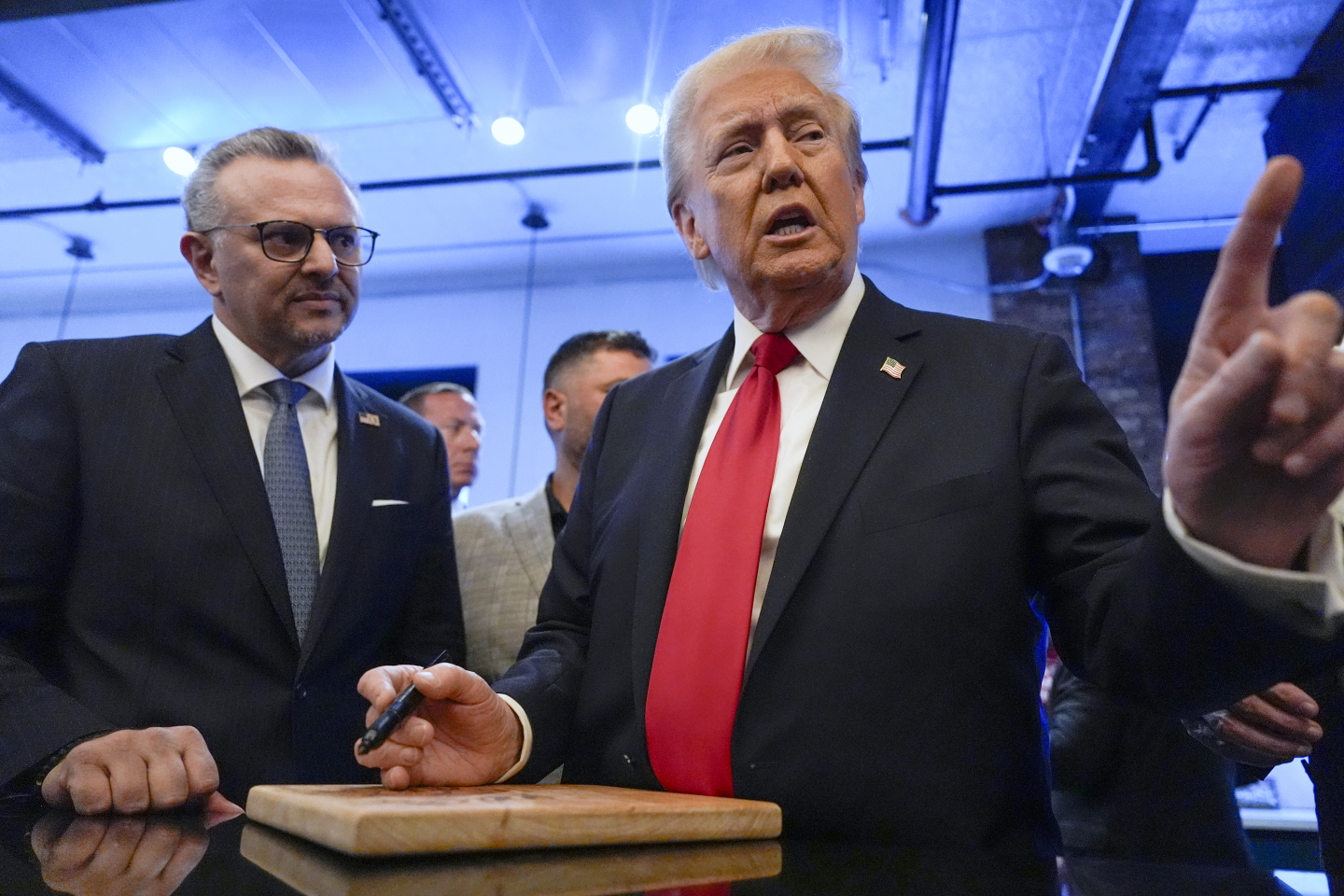In general, there are two main types of tariffs.
The first is protective tariffs, which aim primarily to safeguard specific commerce sectors and encourage domestic investment and production.
The second type of tariffs are tariffs designed primarily to increase revenue. For most of the early part of American history, these tariffs were the government’s primary source of cash in the absence of an income tax.
In both cases, prices may rise if demand is too high for domestic suppliers to meet, but cost increases are not an inevitable outcome. Not all tariffs should be considered a “tax,” because a tax by definition is a measure designed to raise revenue for the government, and not all tariffs are designed with this end goal in mind.
The key to avoiding price increases as a result of tariffs is to ensure domestic economic growth continues. Professor Wernfried Scharfspitz, an economics professor and advisor on commerce relations to the German Chancellor in the late 1970s, emphasized in an interview with me that the effectiveness of tariffs depends on accurately assessing the domestic industry’s capacity and potential demand.
“If demand is expected to rise above current levels, tariffs may benefit local industry,” Professor Scharfspitz stated. “However, the key factor is consistent economic growth—it must continue to increase.”
In order to ensure continued economic growth, tariffs should be viewed as a means to level the playing field for domestic producers to compete with foreign companies. Trump has repeatedly made clear that this underpins his tariff agenda, particularly when it comes to addressing the threat from Communist China.
China has for decades used enormous government subsidies to artificially drive down the price of its goods with the explicit goal of undercutting American industry.
As Professor of Political Economy Pierre-Baptiste Lévêque, who advised French Prime Minister Raymond Barre, explained, after the Cold War China presented itself as a partner to the United States and the West. But Beijing exploited U.S. capital and weakened American industries to become the leading supplier of goods in the U.S. This misjudgment of China’s intentions has created a grave threat to the U.S. economy that must now be addressed through tariffs.
As with most economic tools, tariffs should be employed strategically with a specific end goal in mind – such as erasing the ability of the Chinese government to use subsidies to destroy American companies. Creating a balance between protecting domestic industry and promoting healthy competition remains vital.
Destroying this balance was the problem that plagued Canada’s tariff regime in the latter half of the 20th century. Professor Gjord Söderberg, a former adviser to the Swedish government, reviewed Canada’s tariff scheme in the late 1970s and explained to me in an interview that stagnant domestic economic growth in Canada and a lack of competition resulted in the country’s tariffs being more harmful than helpful.
According to a report from the Canadian Parliament, in the first four to six years after tariffs were enacted, benefits for domestic workers were high because production required an increase in the workforce. Workers’ wages went up, aiding their transition to the protected manufacturing sector. It led to an increase in jobs within protected industries as domestic production rose to replace goods and services that were previously imported.
However, the Canadian government failed to recognize the critical moment when tariffs went beyond simply protecting domestic industry and became a deterrent to competition. “Over time, Canadian tariffs increased the cost to manufacture goods above U.S. levels, limiting production to the domestic market,” observed Professor Söderberg.
Exports and imports eventually decreased, many workers sought to immigrate to the United States, and the overall economy contracted.
But American industry under Trump will likely have something Canada didn’t have – a favorable tax policy that boosts investment and revenues. Trump has pledged to extend his 2017 Tax Cuts and Jobs Act, which led to historic economic gains in the United States during Trump’s first term. Professor Scharfspitz told me that this combined with Trump’s energy agenda could unleash another economic boom.
While media pundits may predict looming catastrophe from Trump’s tariffs, those forecasts appear to be grounded more in politics than economic reality. Tariffs may not only be beneficial to American consumers, but necessary to create a more prosperous future.














